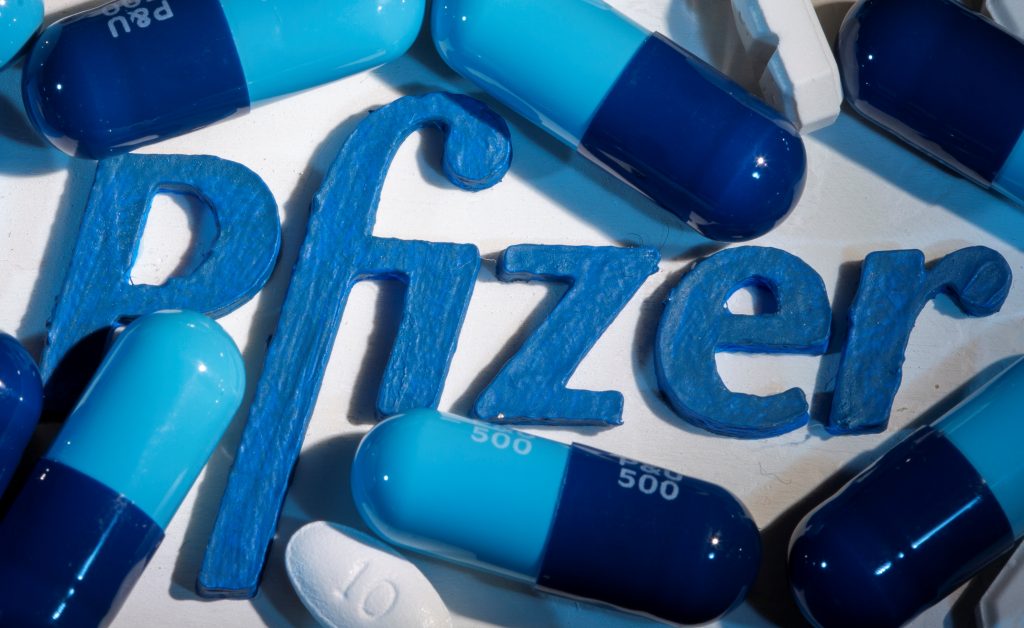The World Health Organisation (WHO) has recommended the use of Pfizer's Covid-19 pill for at-home treatment but expressed concerns that the drug may not reach those who are most in need of it.
The anti-viral pill – named Paxlovid – is recommended for patients most at risk of developing severe disease and being hospitalised, including unvaccinated people. It was hailed as a low-cost solution to tackling the pandemic, especially in developing countries where the access to vaccines is limited, as it can be taken at home.
But in a statement, the WHO called attention to obstacles that stop the pill from being rolled out: "availability, lack of price transparency in bilateral deals made by the producer and the need for prompt and accurate testing before administering it are turning this life-saving medicine into a major challenge for low- and middle-income countries."
Challenges to overcome
Two trials with more than 3,000 patients showed that the pill reduces the risk of hospitalisation by 85%.
"Prompt and accurate testing" is essential for the treatment to be effective – the pills only work when Covid-19 infection is in its early stages. The WHO identifies this as an obstacle for low- and middle-income countries.
Especially in low-income countries, the average daily testing rate is as low as one-eightieth the rate in high-income countries. "WHO is extremely concerned that — as happened with COVID-19 vaccines — low- and middle-income countries will again be pushed to the end of the queue when it comes to accessing this treatment."
Lack of transparency
At the start of this year, Belgium finalised a deal to buy 10,000 such pills from Pfizer. One course of treatment costs more than €600.
The WHO has criticised Pfizer's lack of transparency, which it said makes it difficult for public health organisations to obtain an accurate picture of the availability of the medicine, which countries are involved in bilateral deals and what price they are paying for the drug.
The generic production of the medicine has also been limited by a licensing agreement made by Pfizer with the Medicines Patent Pool, making it harder to supply the medicine internationally, especially in low- and middle-income countries.
The WHO called on Pfizer to be more transparent on the price of the treatment and what deals are currently being made. It urged the company to enlarge the geographical scope of its licence with the Medicines Patent Pool "so that more generic manufacturers may start to produce the medicine and make it available faster at affordable prices."

